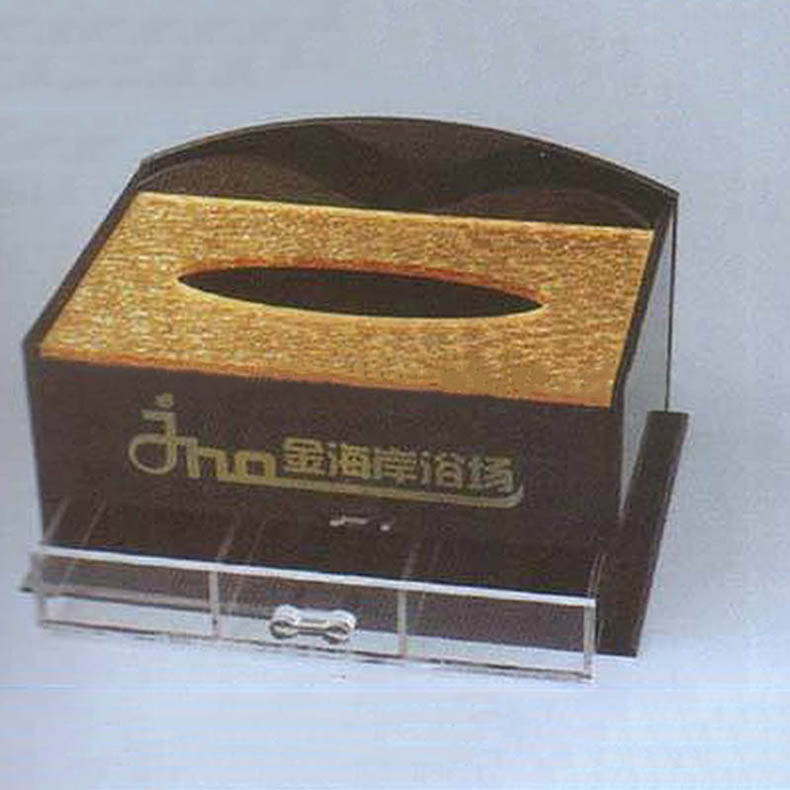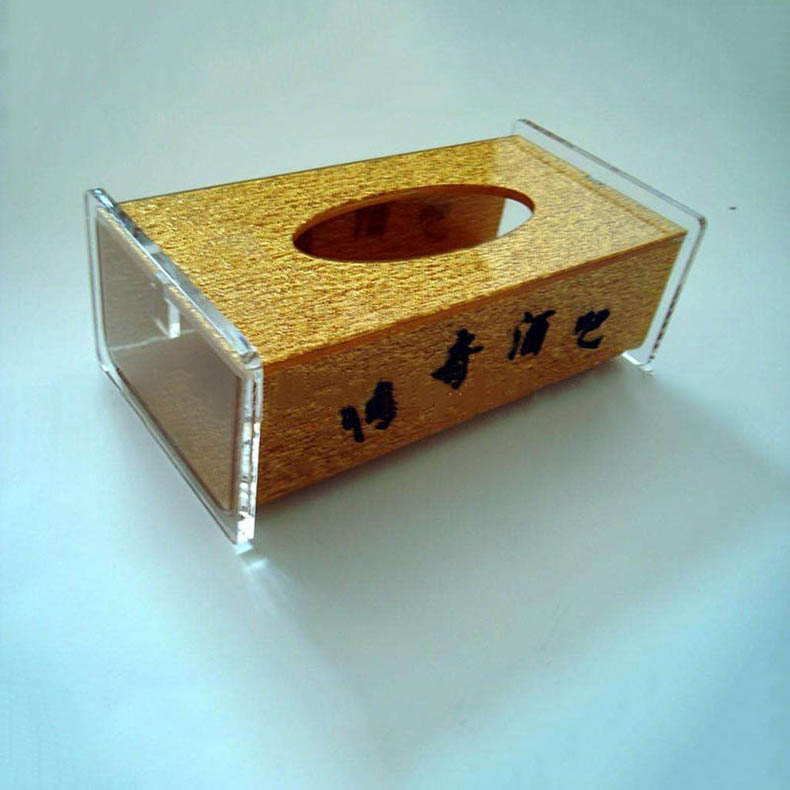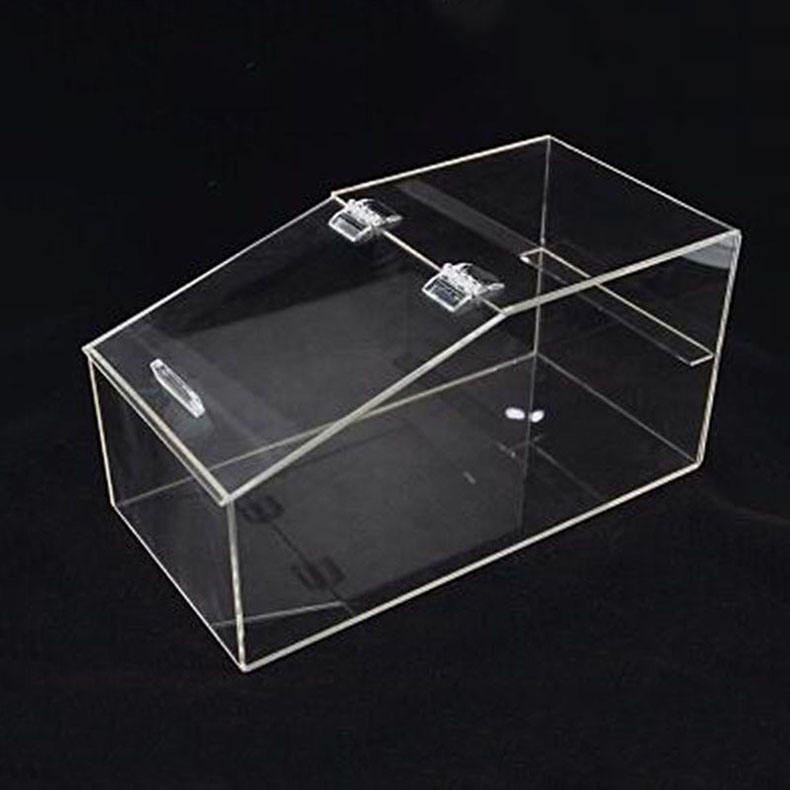Choosing the Best Wall for a Clock: A Feng Shui Perspective
In the practice of Feng Shui, the placement of objects within a space is believed to have a significant impact on the flow of energy, or qi, thereby influencing various aspects of one's life, including health, wealth, and relationships. When it comes to selecting the ideal wall for a clock, several Feng Shui principles can guide this decision to optimize the energy balance and promote harmony in the environment. In this exploration, we will delve into the considerations and implications of choosing the best wall for a clock from a Feng Shui perspective.
Understanding Feng Shui Principles:
Central to Feng Shui philosophy is the concept of energy flow, which is influenced by the arrangement and positioning of objects within a space. The Bagua, an octagonal energy map, is often used in Feng Shui to analyze the energetic qualities of different areas within a home or room. Each section of the Bagua corresponds to specific aspects of life, such as career, wealth, family, and health, providing a framework for optimizing the flow of energy in alignment with these areas.
Factors Influencing Clock Placement:
When determining the best wall for a clock in accordance with Feng Shui principles, several factors come into play:
1. Bagua Area:Identifying the Bagua area associated with the room where the clock will be placed is essential. For example, if the room corresponds to the wealth area of the Bagua, placing a clock on the wall in this area should support the enhancement of wealth and prosperity energy.
2. Elemental Balance:Feng Shui emphasizes the importance of elemental balance within a space. Each Bagua area is associated with one of the five elements—wood, fire, earth, metal, and water—and incorporating the appropriate element into the chosen wall for the clock can harmonize the energy of that area. For instance, a metal clock may be suitable for a wall in the west (metal element) or northwest (metal element) area of the Bagua.
3. Visibility and Functionality:While adhering to Feng Shui principles, it's also crucial to consider practical aspects such as visibility and functionality. Placing the clock on a wall that is easily visible and accessible from key areas of the room can enhance its utility and effectiveness in keeping time.
Optimal Wall Placement:
Based on Feng Shui principles, several guidelines can help determine the optimal wall for placing a clock:
1. The Command Position:In Feng Shui, the command position refers to a location that provides a clear view of the room's entrance while offering a sense of security and control. Placing the clock on a wall in the command position allows for better visibility and alignment with the flow of energy entering the space.
2. Balance and Harmony:Striving for balance and harmony in the placement of the clock is essential. Avoiding walls that feel cramped, cluttered, or obstructed by furniture or other objects can promote a sense of openness and flow of energy around the clock.
3. Personal Intention:Intention plays a crucial role in Feng Shui practices. Before deciding on the wall for the clock, it's beneficial to set a clear intention or goal related to the area of life you wish to enhance or support through the placement of the clock. This intention can guide the selection of the most suitable wall based on Feng Shui principles.
Conclusion:
In the practice of Feng Shui, the placement of a clock on the most auspicious wall involves careful consideration of Bagua areas, elemental balance, visibility, functionality, and personal intention. By aligning the placement of the clock with these Feng Shui principles, individuals can optimize the flow of energy in their environment and cultivate a harmonious and supportive space that resonates with their goals and aspirations. Ultimately, the best wall for a clock is one that promotes balance, harmony, and positive energy flow in accordance with the principles of Feng Shui.








